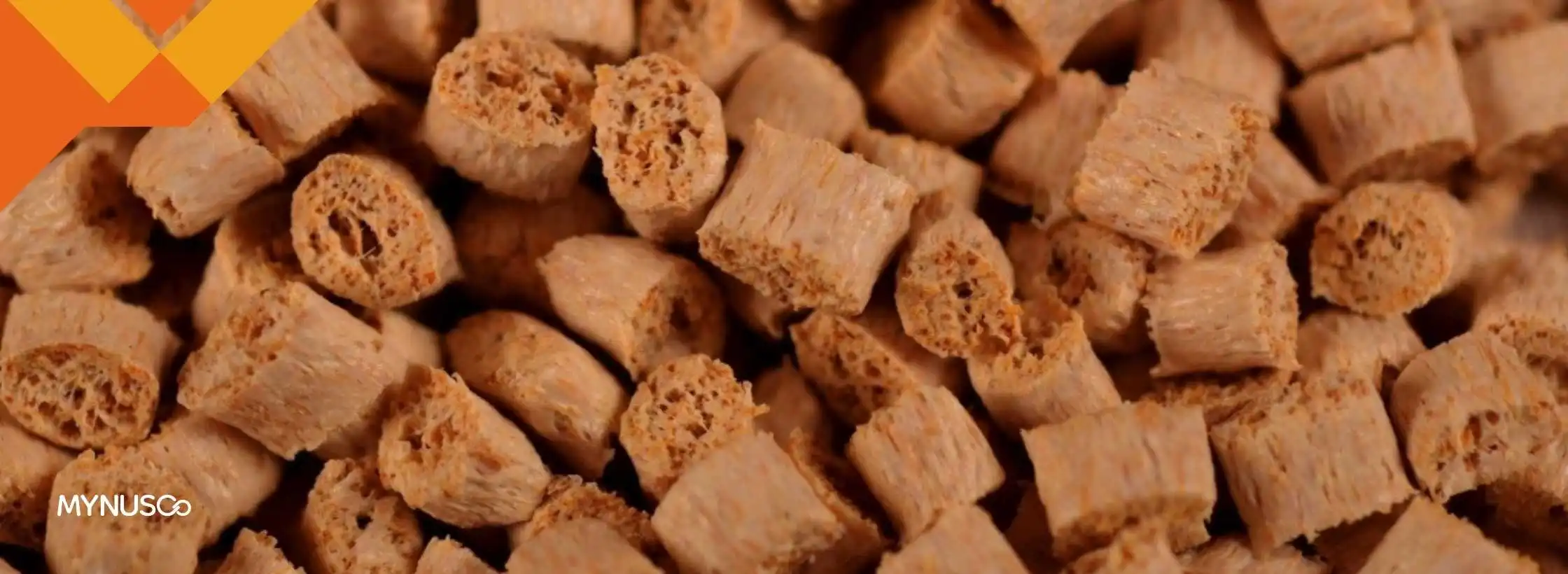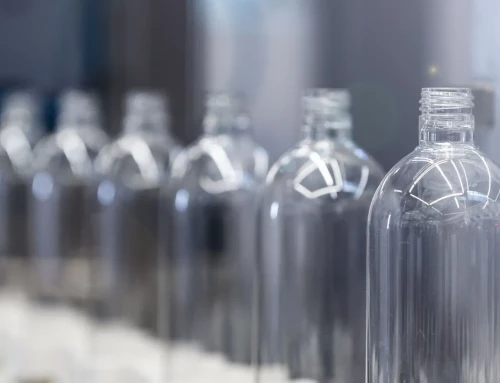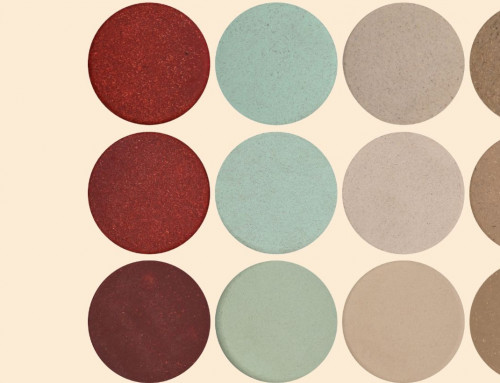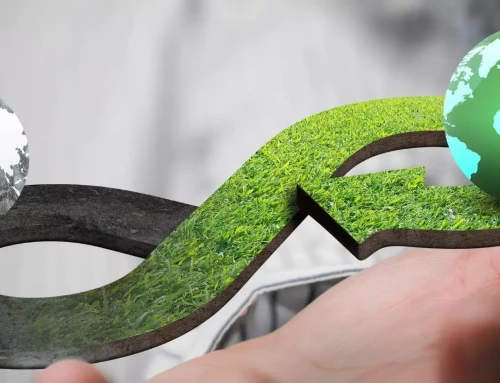Top 10 myths about biodegradable plastics
Biodegradable plastics are plastics that can be decomposed by the action of living organisms, usually microbes, into water, carbon dioxide, and biomass. Biodegradable plastics are one of the most promising replacements to certain single use plastic products. Many plastic processors are exploring the possibility of using biodegradable plastics across a wide spectrum of products. For successful adoption of biodegradable plastics, it is important to consider them for products where they make best sense. Listed here are the top misconceptions about biodegradable plastics.
1. All biodegradable plastics are 100% bio-based
While some biodegradable plastics such as PLA are bio-based, many others such as PBAT are fossil based like traditional plastics are. For many applications, blends of more than one type of biodegradable plastics are used and hence they may not be entirely bio-based.
2. All bioplastics are biodegradable
Bioplastics are broadly referred to the following three types of plastics –
1. They are bio-based and non-biodegradable.
2. They are fossil based and biodegradable
3. They are both bio-based and biodegradable
3. Time needed to biodegrade is a constant
The time needed to biodegrade a product is variable and depends on
- Physical and chemical structure of the material.
- Physical, chemical and biological structure of the composting media
- Design of the product itself.
For a given material, time taken to biodegrade depends largely on the composting media and the product design. With the increase in product size and thickness, the time needed to completely biodegrade increases.
4. Biodegradable plastics have lower carbon footprint
Most biodegradable plastics, including PLA that is 100% bio-based, have higher carbon footprint compared to commonly used plastics such as polypropylene and polyethylene. If we consider reuse and recycle potential of traditional plastics, the overall carbon footprint across the life of the products made with traditional plastic products are definitely lower than biodegradable plastic products.
5. Compostable & biodegradable plastics are different
Compostable plastics are a type of biodegradable plastics that degrades naturally in a composting unit. All compostable plastics are biodegradable as per the definition of biodegradation, however all biodegradable plastics are not necessarily compostable.
6. All biodegradable plastics degrade in soil
Some biodegradable plastics such as PBAT are known to degrade in soil, although at a much lower rate of degradation compared to a composting unit. Most others require specific composting conditions with suitable thermal (temperature), physical (e.g. pH, moisture) and biological (e.g. microbes) condition to biodegrade effectively.
7. Product do not need biodegradability certificate
Tests and certifications such as EN 13432, ISO 17088 and ASTM D6400 are time bound. Since the time taken for biodegradation depends on the product profile, these tests and certifications are obtained for the actual products and not the materials used for these products. There are some considerations to exempt certain products based on the certification guidelines, which needs to be carefully validated before launching each product.
8. Industrial composting is better than home composting
Most regulations and testing standards are defined around industrial composting conditions. This does not necessarily mean that the plastics that compost in industrial composts are better. In our view home composting is a better option as it is best to handle the waste at the source. This needs to be qualified taking other social-economic factors into account. It is understood that products that degrade in industrial compost does not always degrade in home compost. Some of our tests have shown that products that degrade rapidly in home compost takes a much longer time to biodegrade in industrial compost. France wants to allow only home compostable products to carry the compostable label.
9. Oxo-degradable plastic is biodegradable
Oxo-degradable plastics are conventional plastics made to degrade as a result of oxidative cleavage of macromolecules. They are not known to biodegrade into carbon dioxide, water and biomass as per the definition of biodegradation. There are also concerns discussed about them leading to micro-plastics, although this is not confirmed. The European parliament decided to ban oxo-biodegradable plastics in 2019.
10. Water soluble plastics are biodegradable
Water soluble plastics are normally made of PVA/PVOH, which are similar to traditional plastics such as polypropylene. They are water soluble resulting in physical disintegration and are expected to biodegrade under certain conditions. Many studies have reported that their degree of biodegradation in different natural conditions such as compost, water, soil is not complete and lower than other biodegradable plastics.






